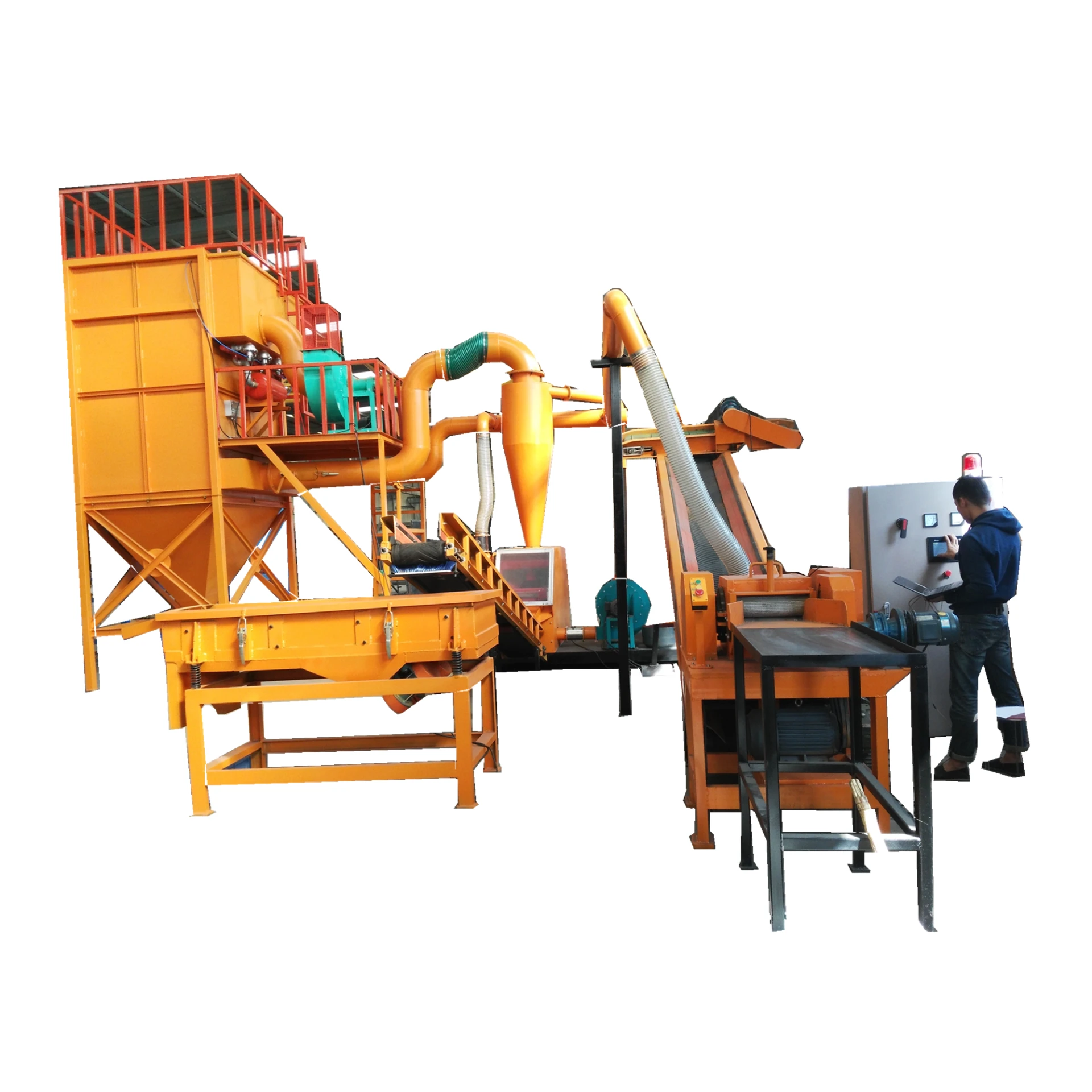

Nov . 20, 2024 14:42 Back to list
The Role of Hammer Crushers in Cement Plants
Cement manufacturing is a complex process that involves multiple stages, each requiring specific equipment to ensure efficiency and quality. Among the crucial machines used in the cement industry is the hammer crusher. This equipment plays a vital role in the initial stages of raw material processing, primarily in the crushing of limestone, clay, gypsum, and other materials to be used in cement production.
What is a Hammer Crusher?
A hammer crusher, also known as a hammer mill, is a type of crushing machine that utilizes high-speed rotating hammers to crush materials. When the hammers strike the material, they break it apart into smaller, manageable pieces. Hammer crushers are known for their simplicity and effectiveness, making them a frequent choice in cement plants.
The Working Principle
The working principle of a hammer crusher involves the reduction of materials through repeated impacts from rotating hammers. The raw material is fed into the crushing chamber, where it is struck by the hammers as they rotate at high speeds. The continuous impact and collision break the material down into smaller fragments. The crushed material then passes through a sieve, ensuring that only particles of the desired size exit the machine.
Applications in Cement Plants
In cement plants, hammer crushers are primarily used to crush limestone, which is one of the key raw materials for cement production. Limestone is often extracted from quarries in large blocks, making it necessary to break it down to a smaller size for further processing. Hammer crushers effectively reduce the size of limestone, allowing for easier transportation and integration into the manufacturing process.
Additionally, hammer crushers can be used to crush other materials such as clay and gypsum, which are also essential components in the production of cement. In many cases, a single hammer crusher can serve multiple purposes, streamlining operations and reducing the need for various types of equipment.

Advantages of Hammer Crushers in Cement Manufacturing
1. High Efficiency Hammer crushers are designed for high throughput, enabling cement plants to process large volumes of raw materials quickly. Their impact crushing mechanism allows for efficient size reduction without requiring multiple passes.
2. Versatility These crushers can handle a variety of materials and varying sizes, making them adaptable to the changing needs of a manufacturing plant. Whether it’s limestone, clay, or gypsum, hammer crushers are capable of delivering consistent results.
3. Cost-Effectiveness With their simple design and robust construction, hammer crushers are generally easier to maintain than other crushing machines. This reliability leads to lower operational costs and extended equipment lifespan.
4. Improved Product Quality By efficiently crushing raw materials to the required size, hammer crushers contribute to the quality of the final cement product. Uniform particle size promotes better mixing and consistency in the final product, essential for maintaining quality standards.
Challenges and Considerations
While hammer crushers offer numerous benefits, there are challenges to consider. The generation of dust during the crushing process can be significant, necessitating effective dust control measures to comply with environmental standards. Additionally, the wear and tear on hammers can lead to maintenance issues, requiring regular inspection and replacement to maintain optimal performance.
Conclusion
In summary, hammer crushers are a foundational component of cement manufacturing, facilitating the efficient processing of raw materials. Their high efficiency, versatility, and cost-effectiveness make them indispensable in cement plants across the globe. As the industry continues to evolve, advancements in hammer crusher technology may further enhance their performance, contributing significantly to the overall efficiency of cement production. The integration of innovative features and eco-friendly practices will ensure that hammer crushers remain vital in the sustainable development of the cement industry.
Latest news
Troubleshooting Common Eddy Separator Problems
NewsJul.04,2025
The Role of Metal Recycling Plants in Circular Economy
NewsJul.04,2025
The Impact of Recycling Line Pickers on Waste Management Costs
NewsJul.04,2025
Safety Features Every Metal Shredder Should Have
NewsJul.04,2025
How Industrial Shredders Improve Waste Management Systems
NewsJul.04,2025
How Cable Granulators Contribute to Sustainable Recycling
NewsJul.04,2025